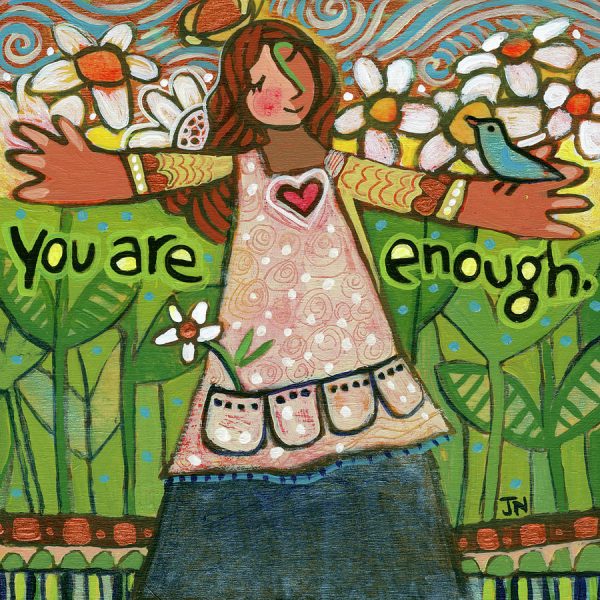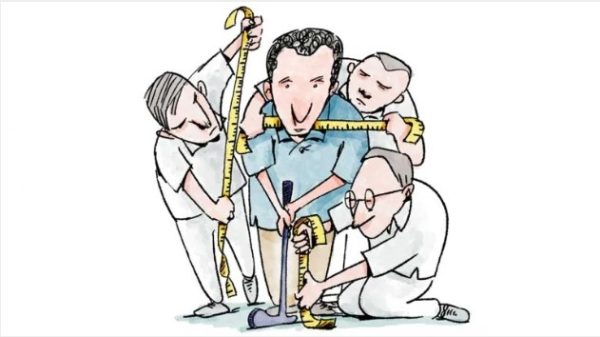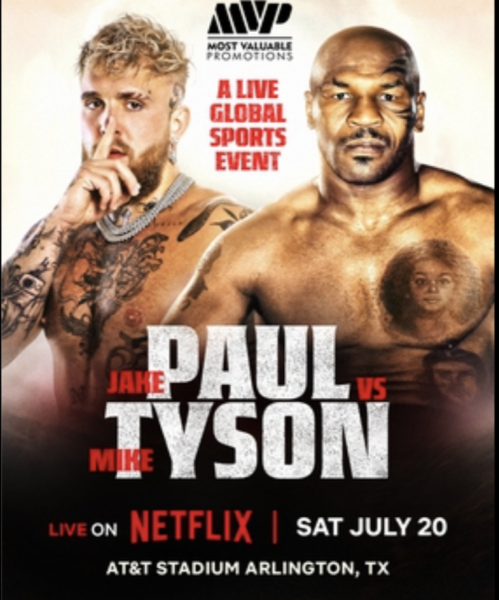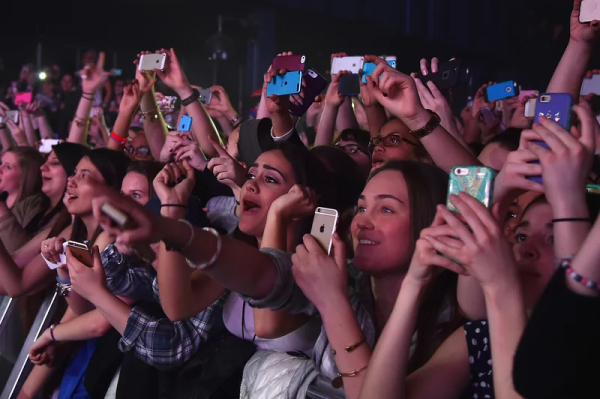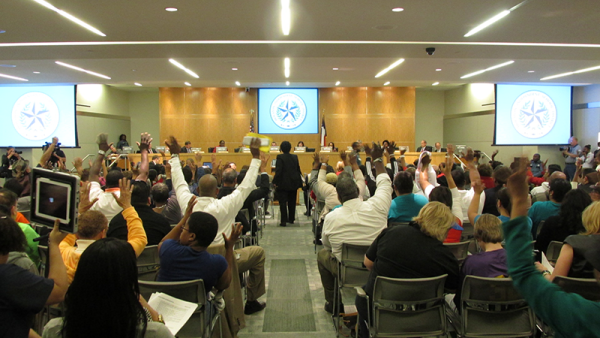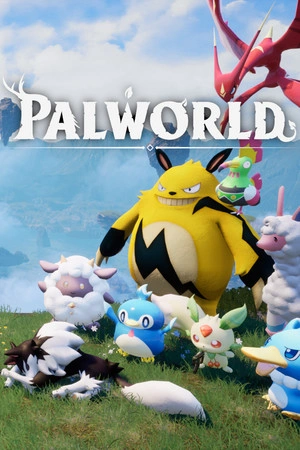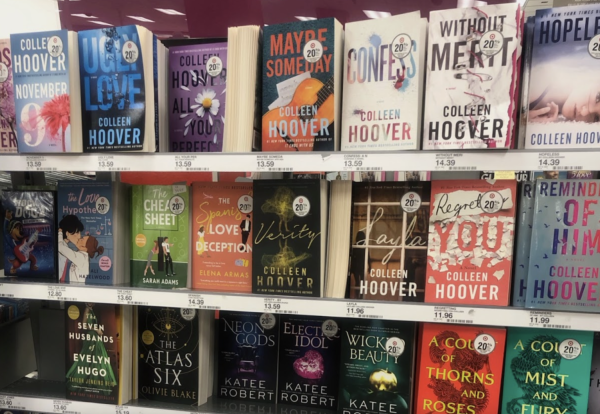Op-Ed: It’s okay to not forgive your parents
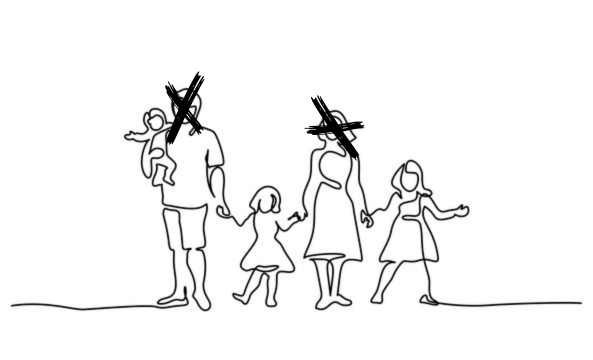
As more young adults come to terms with their childhood trauma, many of them realize that their parents are the root cause of it. (iStock, edits by Manizeh Rahman)
In August 2022, “iCarly” actress Jennette McCurdy released “I’m Glad My Mom Died,” a memoir which details the abuse she suffered at the hands of her mother, who caused her to develop severe eating disorders. However, even with many people expressing their support, there were many others who were not as impressed.
Thousands of people, like McCurdy, have experienced some sort of trauma because of their parents.
With those thousands of people, there are thousands more who aren’t sympathetic to them.
We know that many parents can and do harm their kids. However, people struggle with how to treat them afterwards. Do we forgive them? Do we attend joint therapy sessions with them? Do we turn our backs on them? Another issue is what qualifies as abuse. Physical abuse is a type of harm which gets more coverage, but there are other forms of abuse. For example, many people don’t realize that repeated undermining and criticism of someone qualifies as emotional abuse, which can be just as harmful.
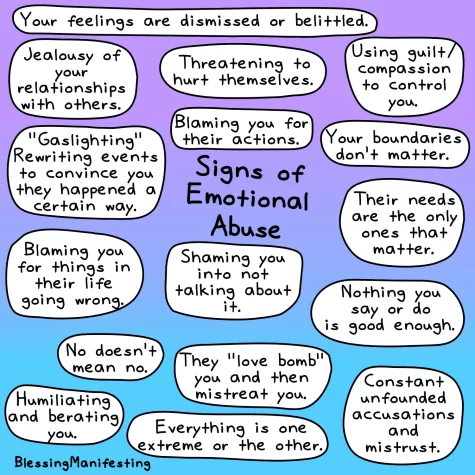
While some people may try the route of forgiveness or joint therapy, many others make the decision to leave entirely. And despite the fact that 1 in 4 Americans are estranged from their families, this kind of decision is almost always met with some form of negative judgment. But we should have more understanding for people who decide to cut their parents out of their lives. Contrary to what others think, they don’t make such a decision easily.
Scott, interviewed by the BBC, said that due to his mother making racist comments and his father defending her with a link to a white supremacist video, he decided to cut contact with them, quoting this as his “last straw.” He made this decision because he feared his children would be negatively affected by his parents’ views. While Mary Elizabeth Williams, a journalist for Salon, didn’t have a difficult childhood, she still cut ties with her mother due to her mother’s inability to care for her. Like Scott, she was also afraid that her children would be negatively affected if her mother remained in her life.
Many people who are estranged from their parents mention how well-meaning strangers say things like “I’m sure it’ll blow over soon” or “Your mom/dad probably meant well.” Once upon a time, I used to be a person like that, for I could never imagine growing up with a parent who didn’t value me. But as I made more and more friends who didn’t have the type of family I had, I began to realize that such statements are quite harmful to someone suffering from estrangement. Instead of giving them useless platitudes like the ones mentioned above (or worse, condemning them for being ungrateful), we should have compassion and support for them.

In McCurdy’s case, we have a good example of support. Her three brothers didn’t have problems with the memoir’s title because they understood what McCurdy had gone through and respected her agency. Josh Peck, one of her former co-stars, called her brave for sharing her story in an honest way. She remains close with another co-star, Miranda Cosgrove, to this day. If the people around her could express such unconditional support, I believe we can do the same for others.
A good way we can be supportive is by simply lending an ear. Most people who go through with a difficult decision like cutting off their parents are in no mood to hear criticism for their decision. You don’t know what’s going on or what their specific dynamics with their parents are, so you have no right to comment on it as if you do. The best thing you can do is to let them know you’ll be there. Though it seems insignificant, it’s actually huge for someone who might be feeling lonely otherwise.
Seeking connections with other people is normal. By nature, humans are social creatures. So, if you can, try to be a good friend or relative instead of being the one to peg those suffering down further.
After all, we can all benefit from a little kindness and understanding.
Your donation will support the student journalists of Carnegie Vanguard High School. Your contribution will allow us to cover our annual website hosting costs and fund field trips, competition fees, and equipment. We appreciate your support!
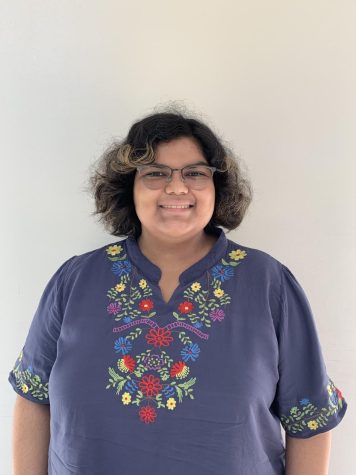
Manizeh Rahman is a senior at CVHS. In her free time, Manizeh enjoys watching K-dramas, making digital art, writing, and listening to music. She also loves...

